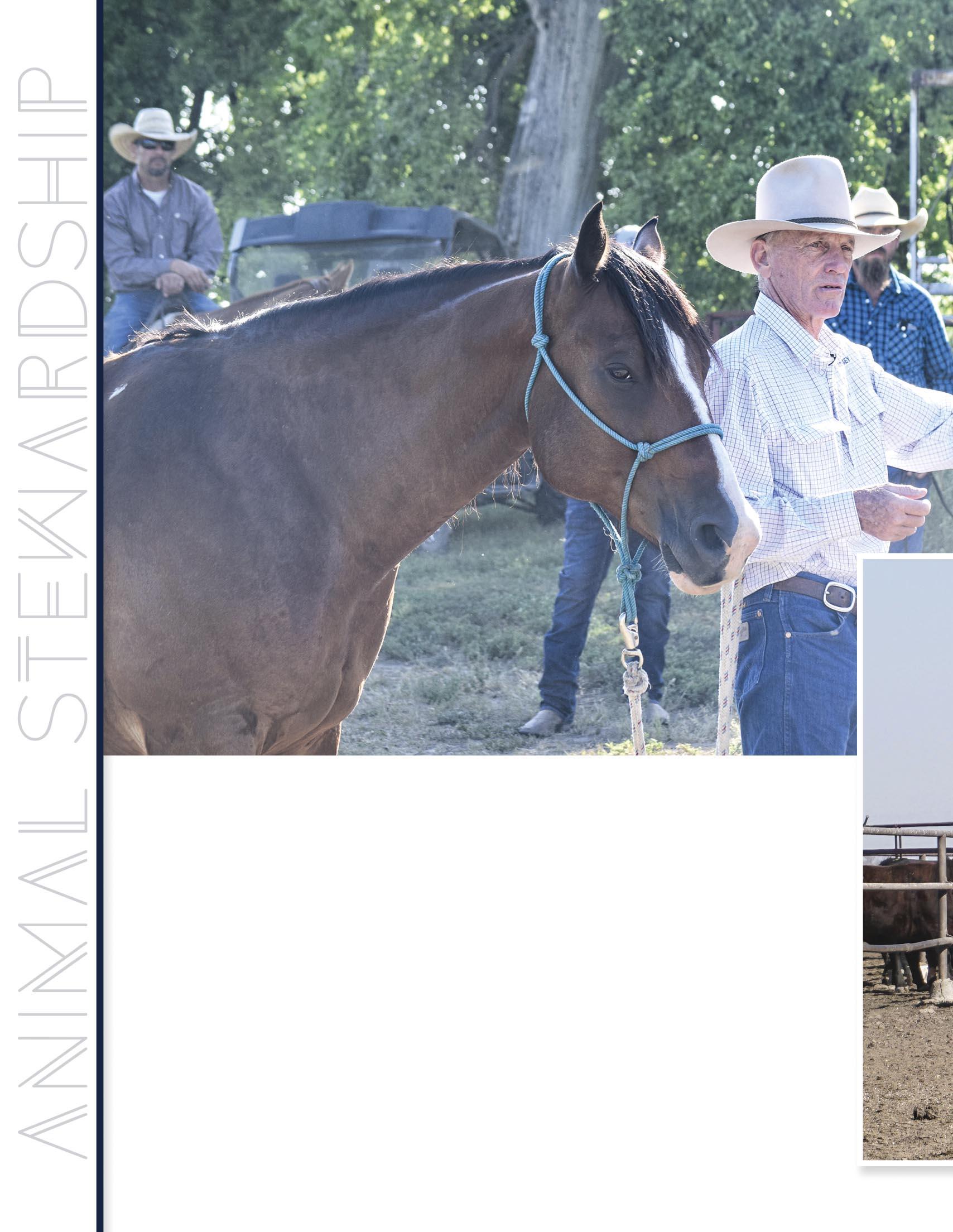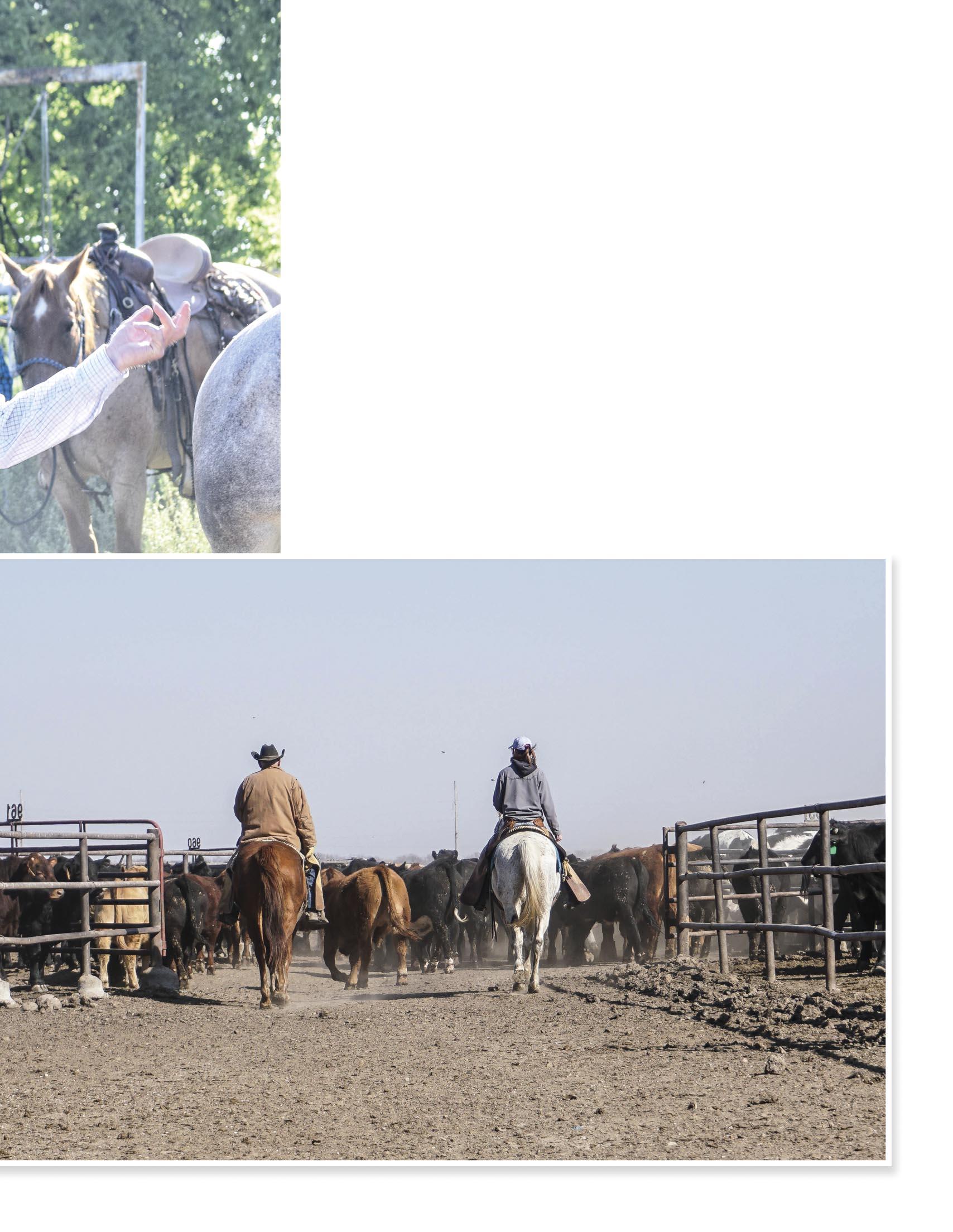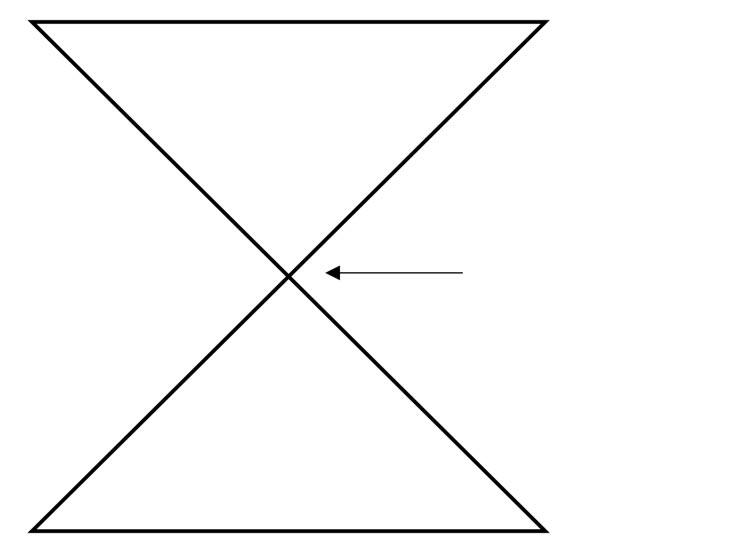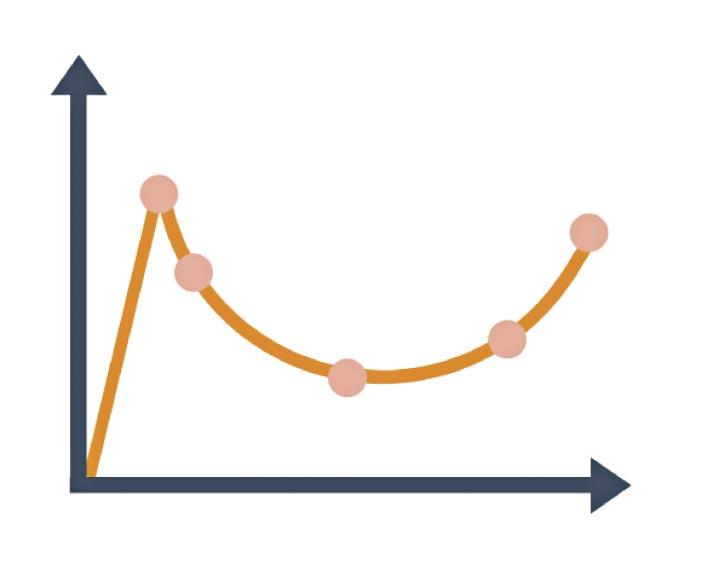
2 minute read
UNDERSTANDING LEARNING AND TEACHING
By Shane Morrissey, Morrissey and Friends Livestock Services, and Tom Noffsinger, DVM, Production Animal Consultation
Feedlot supervisors and consulting veterinarians have the opportunity and obligation to educate caregivers to provide improved cattle health and performance. Cattle and people are similar in that if they do not go where we intend, they have not been told correctly.

We believe that people are the most important part of our industry. Managers and supervisors often say that caregivers have no interest, no focus. What some caregivers actually have is no training, poor supervision, and little understanding of their jobs. Effective leadership requires understanding people. Controlling ego, developing the ability to listen, and teaching people to self-motivate are critical leadership skills for individual and team growth.
Veterinarians and caregivers have various degrees of self-confidence and competence/skill. The DunningKruger effect can help us understand the relationship between caregiver confidence and true competence/skill. This information is the result of a 1999 study at Cornell University conducted by a psychologist and graduate student. The result of the study states that sometimes the least competent people rate themselves as being very competent. People sometimes do not realize what they do not know. The Dunning-Kruger effect is an unconscious cognitive bias where people with low experience tend to overestimate their ability or knowledge. Knowledge gaps prevent people and businesses from seeing their mistakes. This unconscious error in thinking is illustrated in Figure 1.
Understanding the relationship between confidence and true competence should be a guide to conversations between managers and caregivers. Interview questions about experiences, training sources, and caregiver expectations can help build positive relationships.
Caregivers do similar tasks day after day. Mediocrity becomes common unless we eliminate repetition without reward. Caregiver reward comes in terms of supervisor support, sense of accomplishment, and increased caregiver competence/skill. We want to encourage caregivers to think while working and to learn continuously, as illustrated in Figure 2. When caregivers are in the right frame of mind while working, cattle tend to also be in the right frame of mind.
Knowledge & skills to be gained
Decision point: change or stagnate


Start learning again
Confidence
“I know everything about this”
“It’s more complicated than I thought”
“Trust me, it’s complicated!”
Previous experiences & existing knowledge
“It’s starting to make sense”
“I’ll never understand this!”
Competence
Source: Morrissey and Friends Livestock Services
By nature, people are followers and respond to positive conversations about expectations. People develop trust in leaders that are non-threatening and will ask for guidance. Response to guidance that is requested is the epitome of voluntary caregiver improvement. Sincere trust and curiosity to understand can lead to goals and visions shared mutually by caregivers and management.
Shane Morrissey is well established in the red meat industry with a lifetime of commitment, the later 30 years all being in leadership, management, and mentoring type roles, hands on and with cattle, horses, and people. Shane is an avid reader and researcher who is continually on a quest to improve his knowledge base through researched, practical, and lived methods, to share and deliver through training and consultation. Shane places focus on understanding animal behavior and how caregivers can understand the why of the livestock/human relationship. Training methods are founded on “getting your people right to get your cattle right”. Practical stockmanship, horsemanship, and team development are Shane’s specialty, with particular emphasis placed on animal welfare, safety, and productivity, all contributing to the development of high performing teams and profitable businesses.
Dr. Tom Noffsinger is a founding partner of Production Animal Consultation and an expert in low-stress animal handling and staff development. He received his DVM from Colorado State University and completed the Beef Production Management Series at the Great Plains Veterinary Education Center. He is a member of American Association of Bovine Practitioners, Academy of Veterinary Consultants, American Veterinary Medical Association, and Nebraska Veterinary Medical Association. Dr. Tom has received multiple honors, including the 2001 AVC Consultant of the Year, the 1999 NVMA Distinguished Service Award, and the 2008 AABP Merial Preventative Medicine Award for Beef. He and his wife Diane reside on their ranch outside beautiful Benkelman, Nebraska.
This article has been translated to Spanish on page 44.










